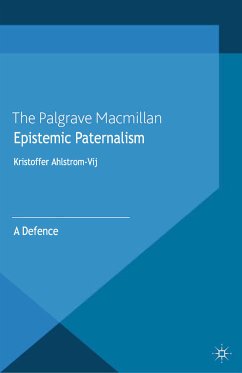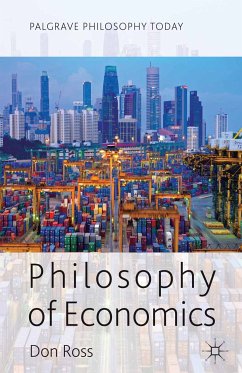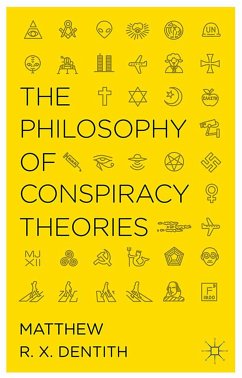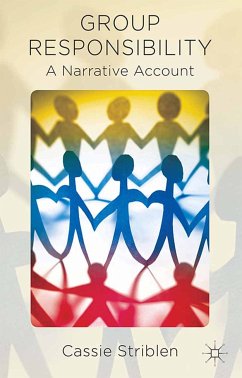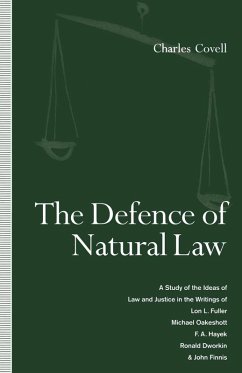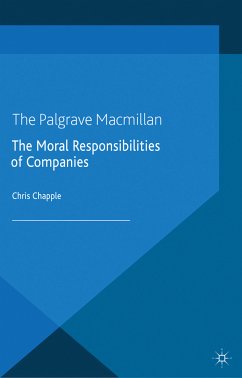Dieser Download kann aus rechtlichen Gründen nur mit Rechnungsadresse in A, B, BG, CY, CZ, D, DK, EW, E, FIN, F, GR, HR, H, IRL, I, LT, L, LR, M, NL, PL, P, R, S, SLO, SK ausgeliefert werden.
Michael A Bishop, Notre Dame Philosophical Reviews
"Kristoffer Ahlstrom-Vij makes the case that we cannot rely on ourselves for epistemic improvement, but must instead endorse a general policy of epistemic paternalism. Epistemic paternalism, he says, is the policy of interfering with an agent's inquiry, for the epistemic good of the agent, without need of the agent's consent. That's a bold thesis, and this is an engaging and rigorously argued book."
Robert B Talisse, New Books in Philosophy

